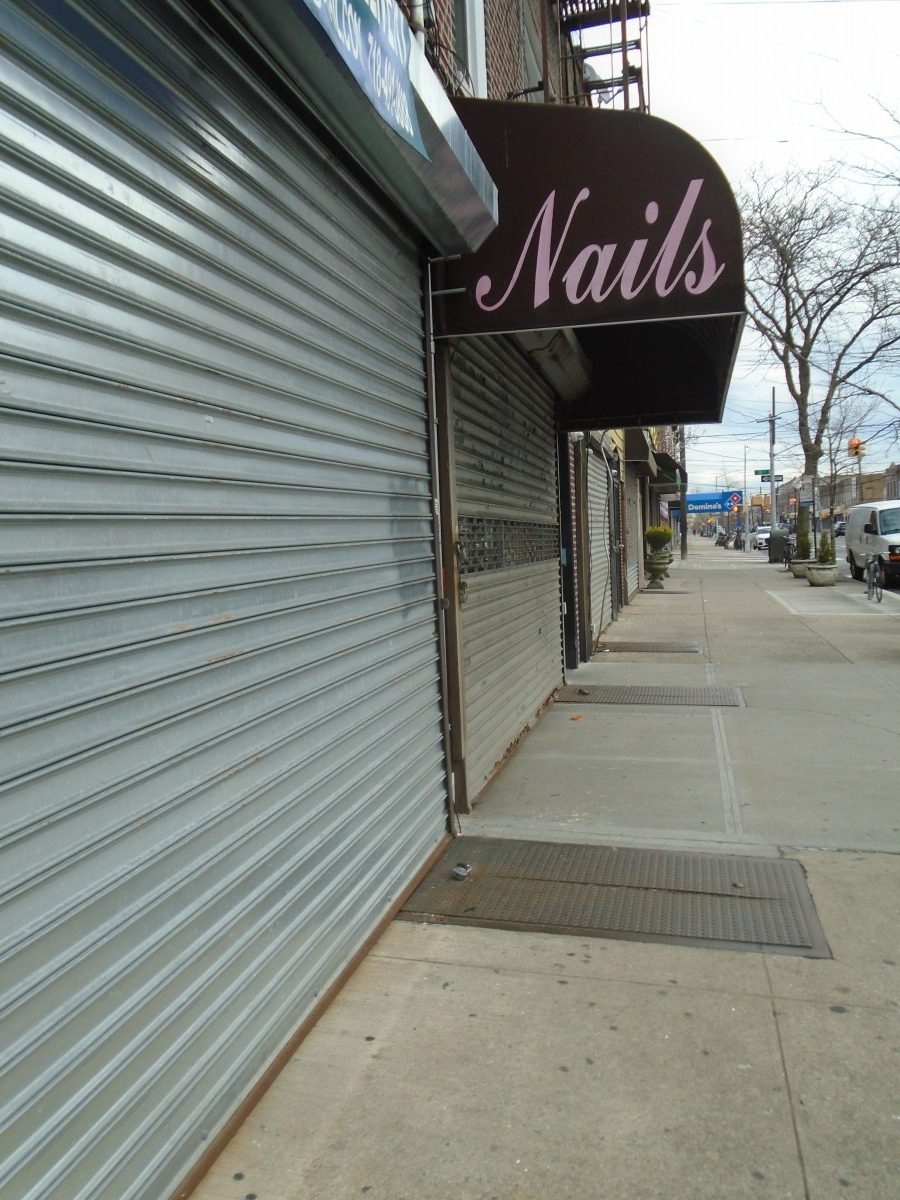“Showboat” shows new lights about the changing new morning about a new light about a new light to seive American attitudes of racism. Now that you have seen “Showboat,” what to you think about this?
Author: Aaron Barlow
Take It Slowly and Listen to Each Other
Don’t take the lead. Not until you are quite ready.
Don’t smash your cohorts. Not unless you can make them better.
The way that most technological organizations suceed is through letting each involved person prove themselves. When someone starts to take command and to tell others what to do, the group starts to fall apart.
Don’t take command but listen to what others are saying. Always spend line on what they are expounding.
Which, by the way, is the main methodology to technical writing. You need to do it from the start.
Technical Writing is a Professional Skill
No good technical writer works alone. There are reasons for this:
- The audience of technical writing is broad and needs to be defined through the input of differing personalities and experiences;
- The source of technical writing is broad and is defined through the needs of the corporate structure, taking into account the needs of various departments;
- The material of technical writing is broad and is defined through the experience of many different employees in a variety of departments.
In other words, one can have all of the skills of a technical writer and still be a bad technical writer if one does not take the breadth of audience, source and material into account. Given that no one person can gain that breadth on their own, a good techncal writer always works with arms open to the ideas and contributions of others.
It sometimes takes longer to work with others but the results are always worth it.
In school, much of the work you do is based on yourself alone and not so much on the activity of the group. This can be unfortunate when you graduate and find yourself in an environment where it is the needs of the group–and not of the individual–that are going to take precedence. And this is the reason we work, in this class, in a manner of the workplace and not of the classroom.
I learned the basis for this Challenge at Google this last fall, taking it from work I had been involved in for more than a decade. The people involved in it today are the people who are going to be your bosses or who are going to have attitudes like your bosses.
Because technical writing is alway group work, we envision it as a means, also, of getting students to learn to work together in a professional manner.
Do that here so that you can do it successfully in your jobs.
Technical Writing Challenge
Now that you have an idea of who your audience is, it is time to really start on the Challenge. As a group (you can start this is smaller groups), decide just what you need to inform your audience of. Is it just coronavirus? Or should there be questions of justice involved? What about future viruses? Should people be prepared and, if so, just how? What are the best means of informing your audience?
Work in small groups but keep the entire class informed of what you are doing.
And, if you have not, make sure that everyone is keeping an adequate log/journal. The best way to do this is through a spreadsheet that all agree to use. Discuss that as well.
1-2-4-All, Part III
My, but you folks are fast!
Post your group-of-four descriptions of what is outside your window in the comments here.
Once that is done, you can start circulating among yourselves a description of the audience the classs should be reaching with its coronavirus (and, possibly, more) challenge. You need to focus on a number of things. First, language. You are working in English for this class but not everyone you are trying to reach will be skilled in English. Will you be able to have drawings or some other things that can help people who speak other languages? Can you (though we won’t do it here) explain which languages it is critical the work be translated into? Second, education. You will have to address your audience in ways that everyone can understand but without ‘talking down’ to anyone. Third, income. Some people, for example, can’t afford to shelter at home or pay before delivery services. Fourth, family. There are different things that need to be done considering the compositions of families. Those with young kids, for example, had different needs than those with older grandparents. Fifth, technological access. Some people don’t have the same level of access as others.
There are other aspects of your audience that you might want to delineate. Remember, knowing your audience is the single most important step in Technical Writing–in any writing–and the one thing that should be examined most carefully.
Once you all together think you have a strong and useful description of your audience (the New Yorkers you live among), you can organize it based on the points I list or others and post it here. Just remember: in your log/journals, keep track of the work you have done on it and make sure to mention those whose work you appreciated the most (and don’t complain about anyone; only mention those who do well).
1-2-4-All, Part II
If you received an email from Professor Barlow pairing you with someone else, follow the instructions below. If you did not receive and email, contact Professor Barlow right away.
When you get the email from Professor Barlow, contact the other person who also got your email. You can decide how you want to be in contact, through email, texting, Zoom, whatever. If your partner does not respond, contact Professor Barlow right away to make sure you don’t get delayed. The two of you should exchange your ‘outside the window’ paragraph, comparing and contrasting what you have found and coming up with a description that can cover the people in both neighborhoods. Remember, your ultimate audience is going to be wider than one neighborhood; you are starting of the significant Technical Writing task of defining your audience.
When you are done with a combined paragraph or page, one of you should paste it as a comment on this post, making sure the other is mentioned within the comment.
I’m loving what I have been learning about you all so far. Keep it up!
Group Work
One of the things I hated as a student was group work, where everyone seemed to want to get as much credit as possible while doing as little work as they could get away with. Well, not everybody… but too many people.
Justice in America
Be sure to read and respond to the posts below. We have a lot to do this month so should get started as quickly as we can.
When I envisioned this course, the novel coronavirus pandemic was the major story in the United States, if not the world. Now, just as we are beginning, there is another gigantic issue hovering over all of us in the United States: Can we have justice for all?
The 1-2-4-All Challenge and… oh, yes, Hello!
Your first assignment is to get to know each other. Technical writing is always a group activity and you have to interact well with each other if you are going to be successful–this will be just as important in your jobs as in your classes.
We don’t have a lot of time, just a month, so you need to get going. Your first task will be to respond to this post with a brief description of yourself. Post it in the comments below–much as I do below but in the comments section. Do it today (June 1), but don’t forget to do the second task, too (see below).
Continue reading “The 1-2-4-All Challenge and… oh, yes, Hello!”
The Dunning-Kruger Effect
Did you ever think that the people who are the most sure of themselves are also those you would least trust to be right? And that those you are most inclined to believe seem to have the least confidence in themselves?
As technical writers, you need to understand the Dunning-Kruger effect. Alexandru Micu describes it well:










